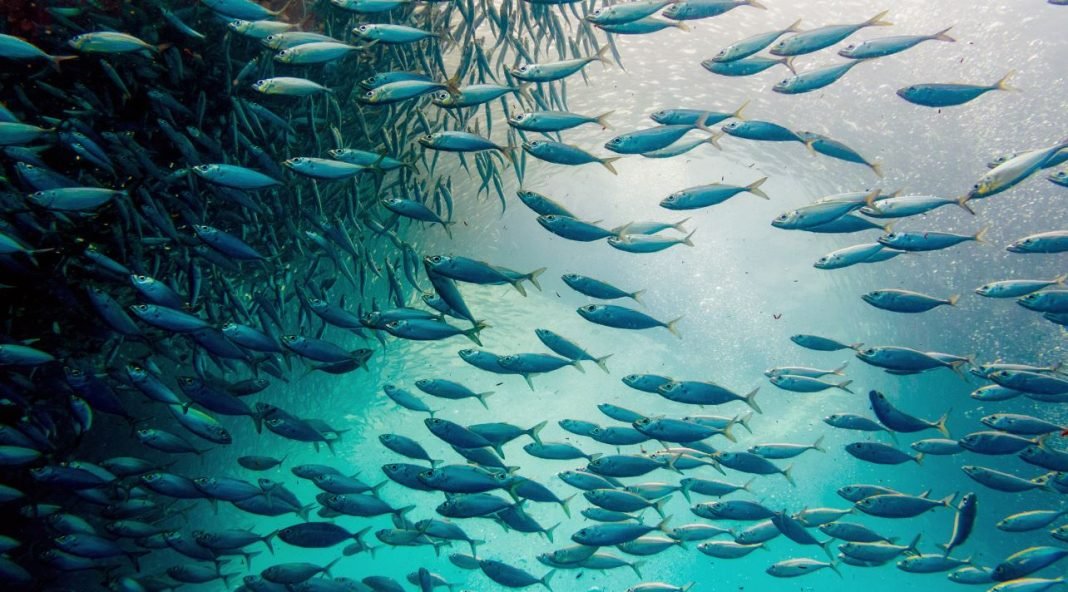Brussels, 21 March 2023 (TDI): The European Union (EU) Fisheries Ministers held a meeting on the commission’s new package of measures. The meeting aimed to increase the sustainability and resilience of the EU’s Fisheries and Aquaculture sector.
The commission’s new package assesses the current EU’s Common Fisheries Policy and proposes a future course of action to enhance the implementation of fisheries and environmental policies.
The new policies envisage reducing dependency on fossil fuels.
The member states emphasized sustainable fisheries. The commission proposed a Fisheries and Oceans Pact that emphasizes close collaboration between member states and stakeholders.
Speaking on the occasion, Swedish Minister for Rural Affairs said, “Today’s discussion reflects the Council’s commitment to ensuring a sustainable future for the EU’s fisheries and aquaculture sectors that also considers the social and economic aspects of sustainability. The focus on implementing environmental measures and achieving carbon neutrality cannot come at the expense of the EU’s food security and the livelihoods of coastal communities.”
The EU’s Ministers welcomed the package and recognized the importance and critical role of a sustainable, resilient, and carbon-neutral future. The Ministers also acknowledged the need of making the fisheries and aquaculture sector attractive to job seekers.
A few member states also highlighted the implications for the EU’s fishing industry of the proposed phasing out of bottom trawling in marine protected areas.
The meeting also raised the concern of potential threats to food security in the ongoing geopolitical context. The Ministers also emphasized the need for the Commission to provide adequate funding for regional specificities and small-scale fishers.
The ensuing implications from geopolitical factors particularly Brexit were also considered in the meeting.
Following the invasion of Ukraine, the commission reevaluated the market situation for agricultural products in the EU, both in terms of its overall condition and challenges facing particular sectors and regions.
Also read: EU adopts ambitious emissions plan for 2030
The touched-upon discussion also included the adverse impacts of agricultural imports from Ukraine on the neighboring EU countries, and a hike in energy, food, and fertilizers prices on consumers with low income.
The potential consequences of the recent European Court of Justice ruling on the use of neonicotinoids were also discussed.
During the exchange of views, Ministers also received information from the Commission on the report produced in January by the European Pigmeat Reflection Group. The recommendations were positively welcomed.
Furthermore, the Latvian and Lithuanian delegations also discussed the challenges facing the dairy industry in the Baltic region.
The Ministers reaffirmed their support for the EU’s commitment to responding global food crisis along with monitoring and addressing the impacts of Russia’s war on food security, particularly in vulnerable countries.






